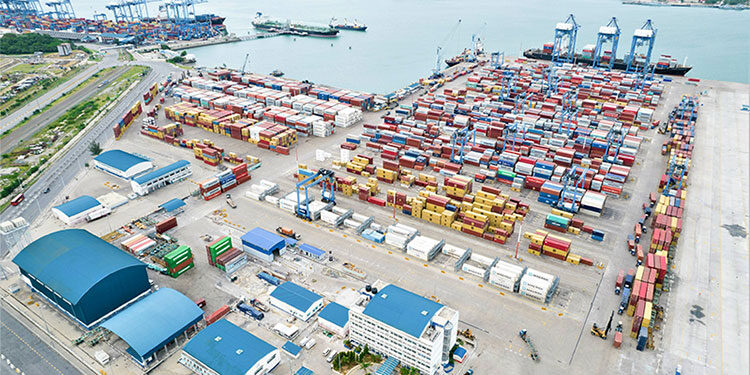The shrinking of land-based resources should motivate Kenyans with immense capital to venture into the untapped ocean-based economic opportunities. Kenya is a pure maritime state with rich resources spread in our ocean, with an area of 245,000 km2, or 42% of our total land mass.
Even though Kenyans are keen and ambitious investors, they have shunned venturing into shipping-related activities and instead vested their interest in other areas of the economy such as property, manufacturing, or even agriculture.
Information on the potential of the shipping industry has remained very low among Kenyan investors and policymakers. For instance, many Kenyans do not know that owning a ship would bring far more revenue than owning a property anywhere in the country.
In recognition of the immense potential of the Blue Economy, the government identified it as an emerging area of prosperity and added the sector as one of the key areas under the Economic Pillar of the Kenya Vision 2030’s Medium Term Plan (MTP) III that ran between 2018 and 2022.
Themed “Sustainably manage and develop the Blue Economy resources for enhanced socio-economic benefits to Kenyans,” MTP III recognized the development and exploitation potential of the maritime sector due to its enormous upstream and downstream linkages with other productive sectors in wealth and employment creation, especially in food security, service industry, and manufacturing.
The private sector also has a crucial role to play in investing in maritime training to unlock the industry’s potential. Kenya`s Blue Economy training institutions need to develop an adequate capacity to offer training as per the required standards, and considering the huge number of resources needed, this is an area in which the private sector has a hand to play.
Countries such as Singapore, Japan, and the Philippines have created concrete maritime education and training institutions on which the exploitation of maritime sectors is anchored as a key area of Gross Domestic Product (GDP) growth.
Blue Economy has the potential to create direct jobs in the shipping and fishing sectors while indirectly creating jobs in shipbuilding and repairs, port services, insurance, bunkering services, and ship-related financial and legal services.
A well-networked and supported Blue Economy will potentially promote growth in domestic tax revenues through increased employee income taxes, employee and employer social security contributions, corporate tax, and value-added tax on employees’ consumption, thereby immensely contributing towards the growth of Kenya’s economy. A developed maritime cluster has the potential to increase productivity along the entire supply chain.
Marine fishing is a low-hanging fruit. The deep-sea waters have been left to Distant Water Fishing Nations (DWFN) with major tuna species. Kenya lies within the rich tuna belt of the West Indian Ocean, where 25% of the world’s tuna is caught. We have not invested in vessels or fishing gear to go into deep-sea fishing.
Foreign fishing fleets operate in Kenya’s Exclusive Economic Zones (EEZ) under the Regional and International Agreement and Cooperation provision of the National Oceans and Fisheries Policy, which allows governments to continue granting fishing rights in their waters considering the state of the stock and economic returns.
Marine cargo insurance also has huge potential. Its overall performance has significantly improved since the National Treasury directive to enforce Section 20 of the Insurance Act that came into effect on January 1, 2017, which requires the compulsory purchase of MCI from local underwriters.
The article was published by the editorial team at the FEAFFA Secretariat. For any inquiries, please contact us via email at editorial@feaffa.com, githua.kihara@gmail.com or freightlogistics@feaffa.com, or reach out to Andrew Onionga directly at onionga@feaffa.com / +254733780240.





